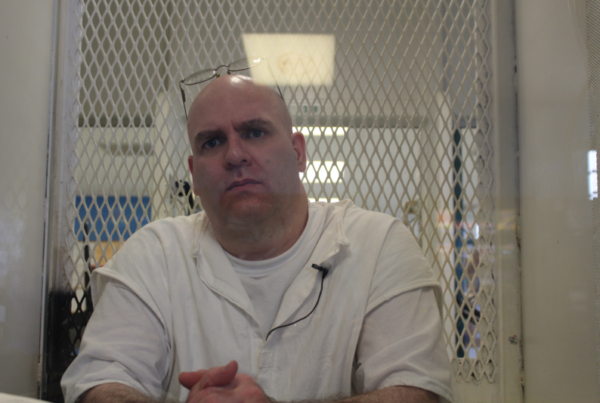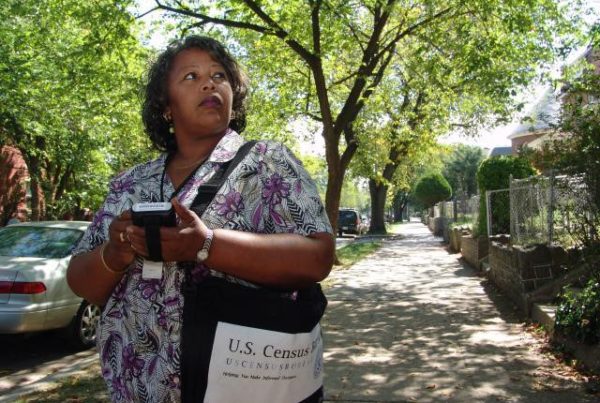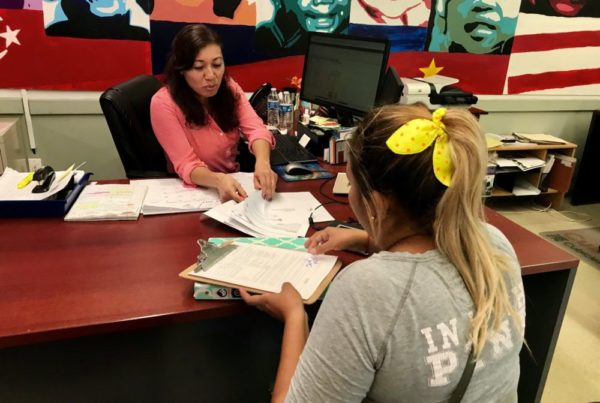Last week, Gov. Greg Abbott announced that the Texas Department of Public Safety – the agency that issues driver’s licenses and patrols state highways – will start battling white supremacy as part of its duties. This comes after the mass shooting in El Paso on Aug. 3 when 22 people died. But how equipped are state police agencies at dealing with so-called domestic terrorism?
Jeff Gruenewald is an associate professor at the University of Arkansas’ Sociology and Criminology Department, and director of the Terrorism Research Center there. He says calling shooters like the one in El Paso “domestic terrorists” is a newer phenomenon in law enforcement, but terrorism researchers like himself have been using that phrase for longer.
“We’ve been a little more comfortable … labeling them as domestic terrorists,” Gruenewald says.
He says Texas Department of Public Safety, or DPS, battling domestic terrorism doesn’t interfere with federal efforts to do the same.
“I don’t see them usurping any of the FBI duties,” Gruenewald says. “I see it as a continuation of the cooperation between the FBI and state and local law enforcement. … We know that they can’t do it alone.”
After 9/11, there were instances of Muslim Americans and others being unfairly targeted by law enforcement. But white men have been the perpetrators of many recent incidents of domestic terrorism. Gruenewald says he doesn’t know “how it would look” if law enforcement were to now “target” white males.
“We’ve gotta be careful to make sure that we’re talking about racism that is connected to criminal activity,” Gruenewald says. “When there are actual behavioral indicators, preparatory planning activities from these types of individuals, how can we identify them? How can we share information about them across agencies?”
It might be tricky for law enforcement to decipher whether someone is simply expressing their thoughts and opinions – however abhorrent – or has been radicalized and is a threat to others. But Gruenewald says investigative techniques can help with that determination.
“Everyone is innocent until proven guilty,” he says. “During an investigation, you still have to protect the rights of those who are being investigated.”
Written by Caroline Covington.















